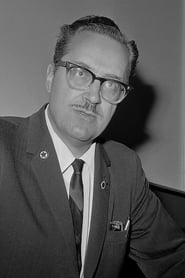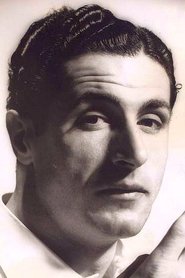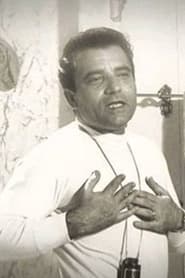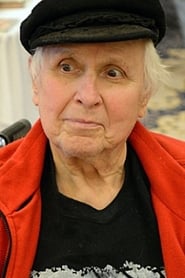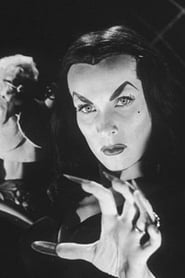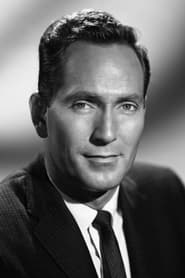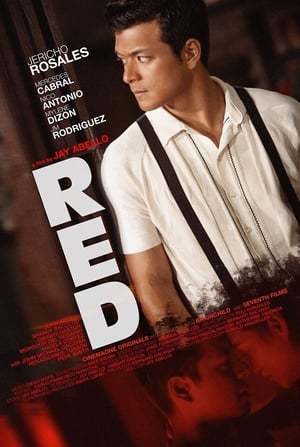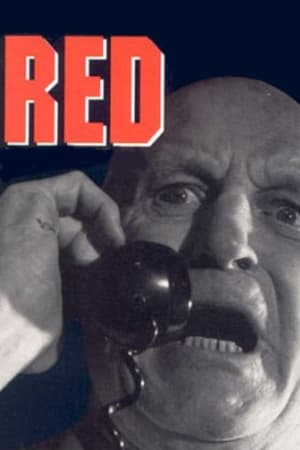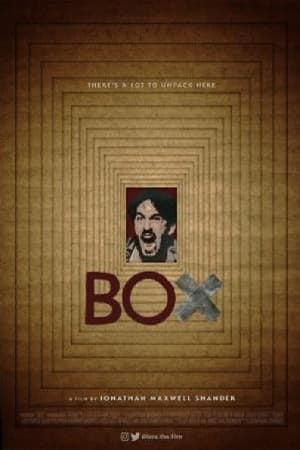
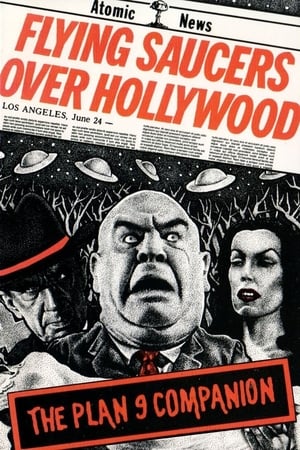
Flying Saucers Over Hollywood: The 'Plan 9' Companion(1992)
A documentary detailing the making of the cult favorite "Plan 9 from Outer Space," featuring interviews with cast members and prominent filmmakers about the film, its lasting legacy, and its creator, Edward D. Wood Jr.
Movie: Flying Saucers Over Hollywood: The 'Plan 9' Companion
Top 10 Billed Cast
Himself
Himself
Himself
Narrator / Host

Flying Saucers Over Hollywood: The 'Plan 9' Companion
HomePage
Overview
A documentary detailing the making of the cult favorite "Plan 9 from Outer Space," featuring interviews with cast members and prominent filmmakers about the film, its lasting legacy, and its creator, Edward D. Wood Jr.
Release Date
1992-01-01
Average
6.9
Rating:
3.5 startsTagline
Genres
Languages:
EnglishKeywords
Recommendations Movies
 4.8
4.8Hello! Project DVD Magazine Vol.3(ja)
Various introductions corners, card games, quizes, 'Making Of', and concert 'Backstage Footage'.
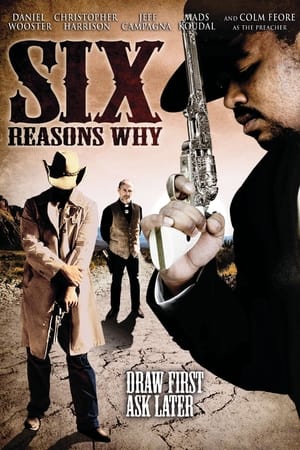 5.2
5.2Six Reasons Why(en)
In a desolate place called the Badlands, four men stand off with guns drawn, their fingers ready at the trigger. Among them are a fugitive seeking redemption, a son out to avenge his father's murder, a loyal servant with a secret and a murderous criminal hired to kill with a vengeance. This is their story...in a place where revenge, deception and cruelty are a way of life.
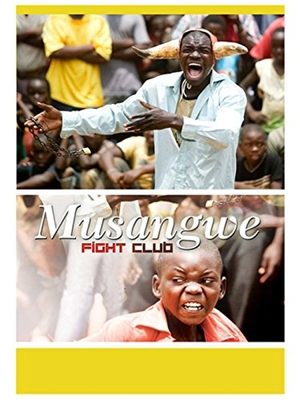 7.7
7.7Musangwe: Fight Club(en)
The first rule is that there are no rules. For the bare-knuckle combatants competing in Musangwe fights, anything goes - you can even put a curse on him. The sport, which dates back centuries, has become a South African institution. Any male from the age of nine to ninety can compete. We follow a group of fighters as they slug it out in the ring. Who will be this year's champion?
RED(as)
SUMMARY:- A girl wakes up early in the morning to witness an immense Pain in her groin area & discovers blood on the bedsheet which makes her very uncomfortable to face her father. The next series of events lead her to understand whether she can speak about it or not, moreover, an important incident is highlighted between the use of face mask and sanitary pads as both are used for protection purposes. In this, her father get involved consciously and maintains stability and at the same time respecting her daughter's emotion in order to make her understand about the scenario, makes it even more effective love & affection for the father-daughter duo in facing each other and also towards the society.
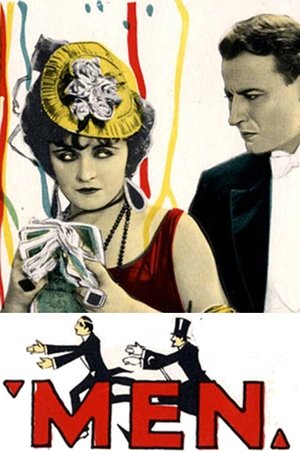 7.2
7.2Men(en)
Cleo lives in Marseilles and works as a waitress in a waterfront dive. A stranger entices her into coming to Paris to take dancing lessons, but instead she is taken to a baron, who betrays her. In spite of this inauspicious start, Cleo becomes a successful and renowned actress, but her feelings about men have never recovered. She loathes them and uses them only for the money they offer her, which she then hands over to a penniless girl.
Koga - A New Wind(en)
Few fighters can claim to have changed the face of their sport. Toshihiko Koga is one. The three-times World and Olympic champion invented his own incredible style of judo. Now, learn from Koga himself as he reveals the secrets to his success!
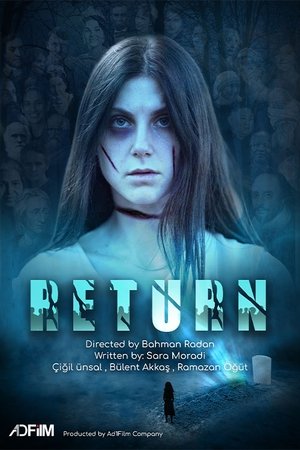 7.0
7.0Return(en)
A young woman was buried alive with the intention of killing, but she survived by chance. hears the cries of her little girl and fights to stay alive for her daughter. But this incident will enlighten a new worldview for her.
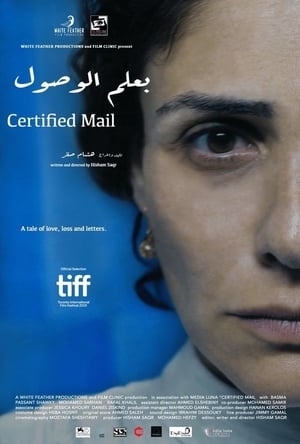 8.3
8.3Certified Mail(ar)
A new mother struggles with parenthood, adjusting to life with an imprisoned husband, and her own mental health.
 6.1
6.1December 12th(it)
On December 12th, 1969 a bomb went off at the Piazza Fontana in Milan that killed 16 people and injured 84. Railway worker and anarchist activist Giuseppe Pinelli was picked up, along with other anarchists, for questioning regarding the attack. He was held and interrogated for three days, longer than Italian law specified that people could be held without seeing a judge. Just before midnight on December 15, 1969 Pinelli was seen to fall to his death from a fourth floor window of the Milan police station. Although officially deemed a suicide, the reporter who watched the fall from the street maintained that he was pushed. Three police officers interrogating Pinelli were put under investigation in 1971 for murder but charges were dropped because of lack of evidence.
Dear Enemy(sq)
Dear Enemy tells the true story of the director’s grandfather who became friends with a German officer during the WWII German occupation of Albania while hiding a partisan, an Italian soldier and a Jewish watchmaker in his cellar.
Better Behave(en)
Physical comedy drives this vehicle for then-famous clown Poodles Hanneford, part of a legendary British circus family. Already pushing forty but impeccably nimble, he plays suitor to beauteous, heavily daddy-guarded Betty (Betty Walsh) and the duo try their hardest to elope. This is an essentially plotless series of gags but they're good ones, well above the producing Weiss Brothers' average at the time. While "Poodles" never quite parlayed his big-top celebrity into screen stardom, he occasionally appeared in movies as late as circus-themed Hollywood spectacular BILLY ROSE'S JUMBO. He passed away five years later in the Catskills, no doubt surrounded by a diehard old-school showbiz community to the end.
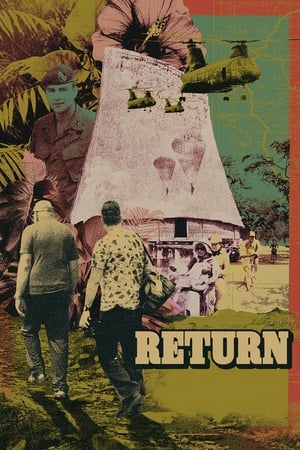 6.8
6.8Return(en)
RETURN tells the story of a retired Green Beret who embarks on a healing journey from Montana to Vietnam. There he retraces his steps, shares his wartime experiences with his son, treats his Post-Traumatic Stress Disorder, and seeks out the mountain tribespeople he once lived with and fought alongside as a Special Forces officer.
 5.7
5.7Alvin and the Chipmunks: Chipwrecked(en)
Playing around while aboard a cruise ship, the Chipmunks and Chipettes accidentally go overboard and end up marooned in a tropical paradise. They discover their new turf is not as deserted as it seems.
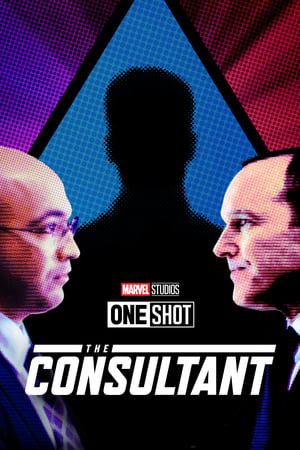 6.3
6.3Marvel One-Shot: The Consultant(en)
Agent Coulson informs Agent Sitwell that the World Security Council wishes Emil Blonsky to be released from prison to join the Avengers Initiative. As Nick Fury doesn't want to release Blonsky, the two agents decide to send a patsy to sabotage the meeting...
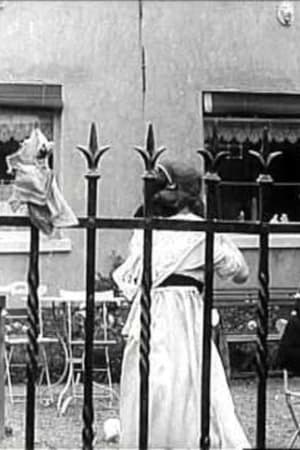 6.0
6.0Monsieur Beulemeester, Civic Guard(fr)
Commissioned by Pathé Frères, Alfred Machin shoots several local stories in Belgium, in a typically Belgian setting. Machin produces not only historical dramas, but also some comedies mainly portraying the Brussels "zwanze", the typical humour of the city's inhabitants, which is characterised by a finely-balanced mix of self-deprecation and exaggeration. In doing so he made his films accessible and recognizable to his audience. Mr Beulemeester, notorious member of the local militia and very possessive when it comes to his daughter, is in this film fooled by charmer and suitor Van Soest.
Similar Movies
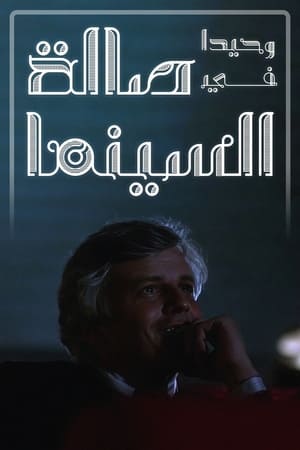 8.5
8.5Alone In Movie Theater(ar)
This documentary was written with passion and love for cinema, and on the other hand, he blamed her. Our fictional character for this documentary talks about her passion for cinema and how it affected her life and recounts the decades that passed on the cinema one after the other.
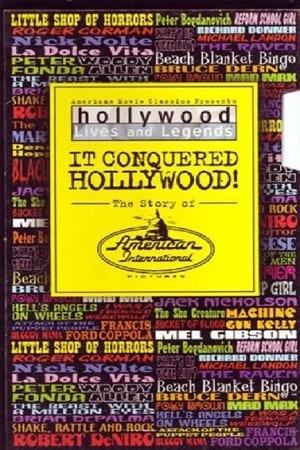 6.8
6.8It Conquered Hollywood! The Story of American International Pictures(en)
A 60-minute salute to American International Pictures. Entertainment lawyer Samuel Z. Arkoff founded AIP (then called American Releasing Corporation) on a $3000 loan in 1954 with his partner, James H. Nicholson, a former West Coast exhibitor and distributor. The company made its mark by targeting teenagers with quickly produced films that exploited subjects mainstream films were reluctant to tackle.
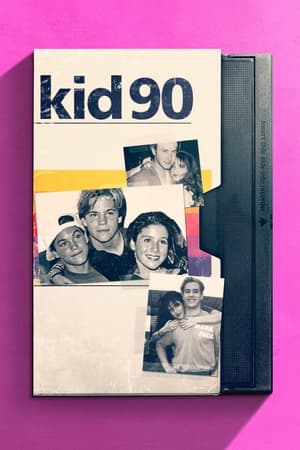 7.0
7.0kid 90(en)
As a teenager in the '90s, Soleil Moon Frye carried a video camera everywhere she went. She documented hundreds of hours of footage and then locked it away for over 20 years.
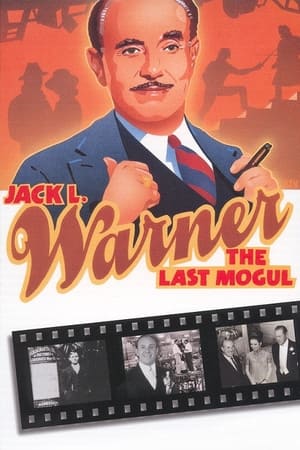 5.0
5.0Jack L. Warner: The Last Mogul(en)
An insider's account of Jack Warner, a founding father of the American film industry. This feature length documentary provides the rags to riches story of the man whose studio - Warner Bros - created many of Hollywood's most classic films. Includes extensive interviews with family members and friends, film clips, rare home movies and unique location footage.
Quentin Tarantino: From a Movie Buff to a Hollywood Legend(en)
Who has ever compared Reservoir Dogs? What are “Open Road” and “New World Disorder”? Why is Harvey Keitel a fairy and how did we all almost become diehard fans of Paul Calderon? Here’s a story about Quentin Tarantino. The director who needs no introduction.
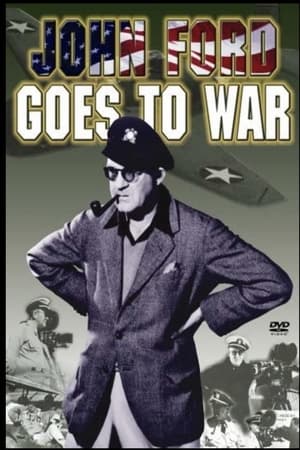 5.7
5.7John Ford Goes to War(en)
When World War II broke out, John Ford, in his forties, commissioned in the Naval Reserve, was put in charge of the Field Photographic Unit by Bill Donavan, director of the soon-to-be-OSS. During the war, Field Photo made at least 87 documentaries, many with Ford's signature attention to heroism and loss, and many from the point of view of the fighting soldier and sailor. Talking heads discuss Ford's life and personality, the ways that the war gave him fulfillment, and the ways that his war films embodied the same values and conflicts that his Hollywood films did. Among the films profiled are "Battle of Midway," "Torpedo Squadron," "Sexual Hygiene," and "December 7."
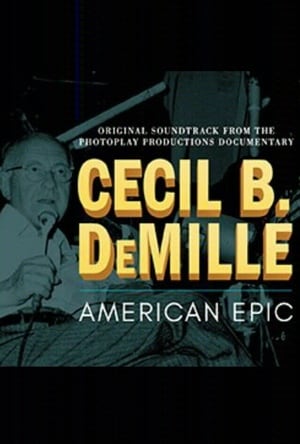 6.0
6.0Cecil B. DeMille: American Epic(en)
Documentary about the legendary American film director from his introduction to the film industry in its early years to his death in 1959.
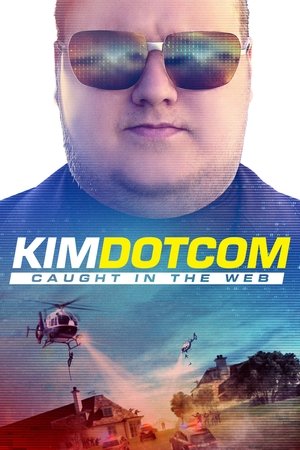 6.6
6.6Kim Dotcom: Caught in the Web(en)
The larger-than-life story of Kim Dotcom, the 'most wanted man online', is extraordinary enough, but the battle between Dotcom and the US Government and entertainment industry—being fought in New Zealand—is one that goes to the heart of ownership, privacy and piracy in the digital age.
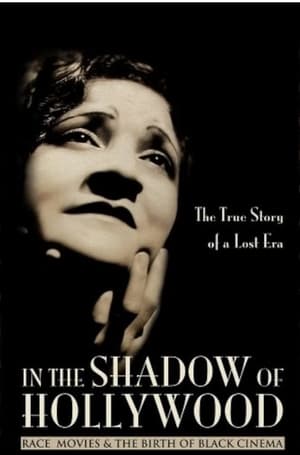 6.5
6.5In the Shadow of Hollywood: Race Movies and the Birth of Black Cinema(en)
This documentary captures the sounds and images of a nearly forgotten era in film history when African American filmmakers and studios created “race movies” exclusively for black audiences. The best of these films attempted to counter the demeaning stereotypes of black Americans prevalent in the popular culture of the day. About 500 films were produced, yet only about 100 still exist. Filmmaking pioneers like Oscar Micheaux, the Noble brothers, and Spencer Williams, Jr. left a lasting influence on black filmmakers, and inspired generations of audiences who finally saw their own lives reflected on the silver screen.
 5.8
5.8Room 999(fr)
In 1982, Wim Wenders asked 16 of his fellow directors to speak on the future of cinema, resulting in the film Room 666. Now, 40 years later, in Cannes, director Lubna Playoust asks Wim Wenders himself and a new generation of filmmakers (James Gray, Rebecca Zlotowski, Claire Denis, Olivier Assayas, Nadav Lapid, Asghar Farhadi, Alice Rohrwacher and more) the same question: “is cinema a language about to get lost, an art about to die?”
Alex to the Max: The Making of Max Keeble's Big Move(en)
This documentary treats movie fans to a behind-the-scenes look at the making of Max Keeble's Big Move, about a young boy who uses his imminent move to another town as his big chance for revenge on everyone who's tormented him, only to have his plan backfire. Included are interviews with the cast and crew who talk about the experience of making the film, as well as all of the effort that went into it.
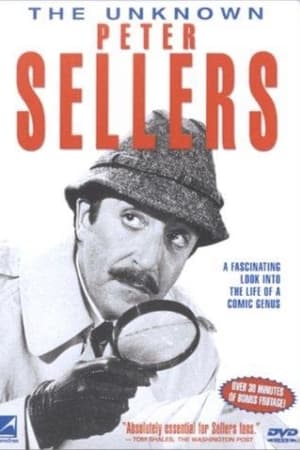 8.0
8.0The Unknown Peter Sellers(en)
Documentary about the life and career of a comic genius, Peter Sellers.
 0.0
0.0Remembering Ragtime(en)
Memories from the making of the classic Milos Forman film "Ragtime".
 0.0
0.0Afro Promo(en)
Co-curated by Jenni Olson and the late Black gay activist Karl Knapper, this entertaining showcase of vintage movie trailers traces the evolution of African American cinema through its most crucial period, 1952-1976. Filled with insights on race and social dynamics, this fascinating compendium of coming attractions explores an extensive range of stylistic approaches—Blaxploitation, Comedy, Music Bio, Plantation Drama and more—offering an outrageous joyride through motion picture history. Beyond mere camp, these marvelously condensed gems crystallize a range of African American identities and personalities, tracking the meteoric careers of Sidney Poitier, James Earl Jones, Billy Dee Williams, Richard Pryor, Pam Grier and others through their bold performances in movies both hugely popular and practically forgotten. Afro Promo provides a compact glimpse at the representation of African Americans through twenty-five dynamic years of American cinema history.
 7.5
7.5Boundless(cn)
As Hong Kong's foremost filmmaker, Johnnie To himself becomes the protagonist of this painstaking documentary exploring him and his Boundless world of film. A film student from Beijing and avid Johnnie To fan, Ferris Lin boldly approached To with a proposal to document the master director for his graduation thesis. To agreed immediately and Lin's camera closely followed him for over two years, capturing the man behind the movies and the myths. The result is Boundless, a candid profile of one of Hong Kong's greatest directors and a heartfelt love letter to Hong Kong cinema.
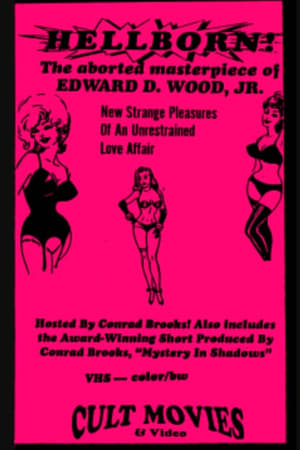 6.0
6.0Hellborn(en)
Conrad Brooks discusses "Hellborn," his unfinished movie with Ed Wood, and other projects
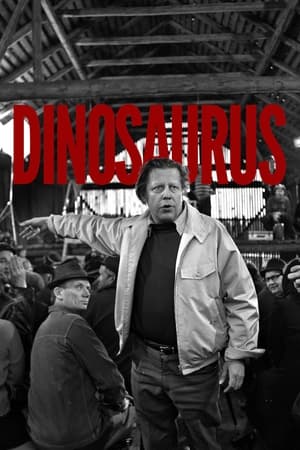 6.6
6.6The Dinosaur(fi)
Acclaimed Finnish director Rauni Mollberg made several scandalous yet widely appreciated films. Former co-worker Veikko Aaltonen’s eye-opening documentary The Dinosaur looks at the relentless, often disturbing directing techniques behind Mollberg’s art and success.
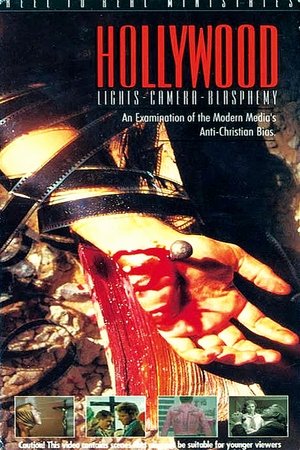 0.0
0.0Hollywood: Lights, Camera, Blasphemy!(en)
"No film may throw ridicule on any religious faith..." So began Article VIII of the Hollywood Production Code, a series of ethical guidelines that for forty years helped the motion picture industry produce many of the greatest and most family-friendly films in history. That was then, however, this is now. A revered "historical" movie quietly takes every opporturnity to lie and twist the facts in order to make Christians appear as backward, foolish hypocrites. An actress jumps at the chance to play a Christ-hating role, saying, "I'm an atheist, so it was a joy." One of Hollywood's most respected directors films a passion play written by a disciple of Friedrich Nietzsche, the father of the "God is dead" movement. Not surprisingly, the movie's Jesus helps crucify people and later confesses that satan is inside him. A media mogul states that "Christianity is a religion for losers."
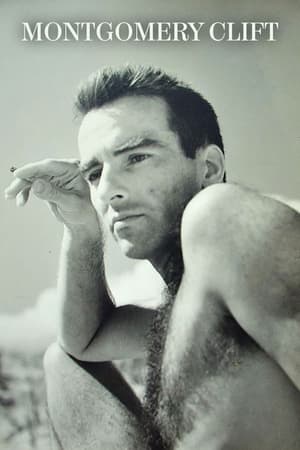 4.4
4.4Montgomery Clift(en)
A documentary incorporating footage of Montgomery Clift’s most memorable films; interviews with family and friends, and rare archival material stretching back to his childhood. What develops is the story of an intense young boy who yearned for stardom, achieved notable success in such classic films as From Here to Eternity and I Confess, only to be ruined by alcohol addiction and his inability to face his own fears and homosexual desires. Montgomery Clift, as this film portrays him, may not have been a happy man but he never compromised his acting talents for Hollywood.
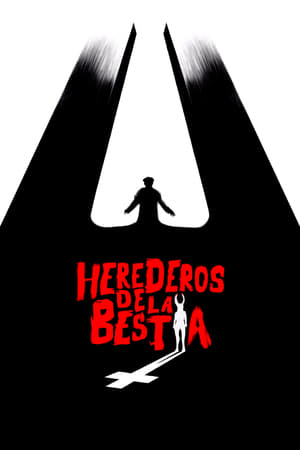 6.0
6.0Heirs of the Beast(es)
The story of the making and subsequent success of The Day of the Beast, the Spanish cult film directed by Álex de la Iglesia and released in 1995.
